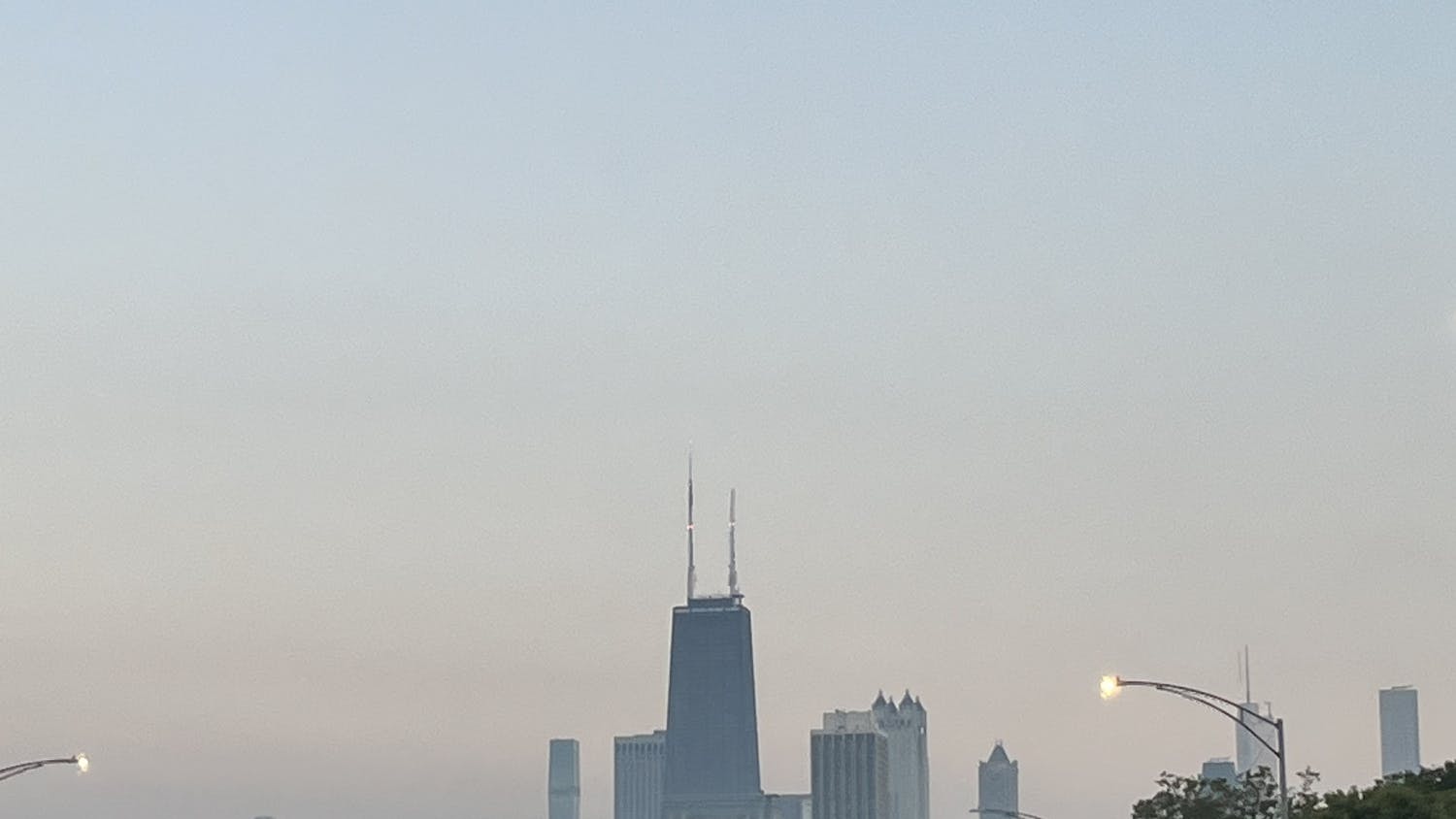The open study area on the first floor of Berry Library, known to most students as FFB, has been closed since the end of the fall term. According to a page on the library’s website last updated on Jan. 12, FFB will remain closed until the College lifts its indoor mask mandate. A popular study spot, FFB’s prolonged closure has stoked frustration from students.
Associate librarian for research and learning Jennifer Taxman said faculty, staff and student concerns about “low mask compliance” drove the closure.
“We closed [FFB] following the end of the fall [quarter] when mask compliance was very low… and knowing coming back we couldn’t have the winter term begin the way the fall term ended,” Taxman said.
The closure was initially announced in a Dec. 29 email from executive vice president Rick Mills and then-interim provost David Kotz that outlined Dartmouth’s policies for the winter term. The area would be closed “until further notice,” the administrators wrote at the time.
Many students explained that FFB is popular among students for its social atmosphere. Jade Haakonsen ’25 called FFB a “hub to collaborate.” She added that she could usually count on classmates to be on FFB whenever she came to the library, which proved particularly helpful when she needed help on assignments.
“I feel like I feed off that lively energy,” she said.
Eleanor Zwart ’22 said she used to study on FFB frequently prior to its closure. Zwart characterized the open space as “productive but fun.”
“FFB provides a unique space in the library that can’t be replaced, in the sense that it’s the area for study where you don’t have to be quiet,” Zwart said.
On Feb. 8, an anonymous Dartmouth student started a Change.org petition arguing for FFB to reopen. Similar to Zwart, this student described FFB as a “social and relaxed space.” As of 9:00 p.m. on Feb. 9, the petition has amassed 162 signatures.
“While it may have made sense to close one of the most social spots in the library when COVID cases were high, numbers have dropped significantly since the start of the term,” the anonymous student wrote.
The petition’s creator also wrote that indoor mask-wearing has been “diligent,” but Taxman noted that she has observed a decrease in mask compliance since the start of the winter term.
According to the College’s COVID-19 Dashboard, there are currently 121 active cases on campus, and the positivity rate on campus in the past seven days has been 4.1%. This is down from a rate of 5.0% the week of Jan. 31, a rate of 9.1% the week of Jan. 24 and a rate of 13.5% the week before.
While FFB has remained closed, the College has resumed indoor seating in dining halls. In a Jan. 16 email to campus, the College’s COVID-19 response team announced that the Class of 1953 Commons would reopen its seating area the following day. Collis Cafe, the Courtyard Cafe in the Hopkins Center for the Arts and Novack Cafe have since reopened indoor dining, as well.
Some students have expressed confusion over FFB’s continued closure despite the reopenings of other campus spaces with low mask compliance. Specifically, Zwart identified that indoor dining and Reiss Hall, or Blobby, have operated at full capacity for weeks with no observable spike in cases. She said she has wondered why FFB seemed to be the exception.
“The closure feels pretty performative,” Zwart said. “It’s not like one floor down [at Novack], you don’t have people with their masks down”.
Taxman explained that FFB’s proximity to several faculty and staff offices makes it a particularly vulnerable spot. She added that the space is “pretty congested in terms of seating” relative to other study spaces on campus.
“Library staff — or really any individual, not just library staff — are able to move more freely throughout the space without needing to navigate an area where the mask compliance is low to minimal,” Taxman said.
While FFB is closed, Taxman said she is “glad” a number of collaborative spaces have remained open, including the private study rooms on FFB, the 1902 Room and Baker lobby, all of which she noted are conducive to collaborative work.
She noted that the library is working on expanding available 24-hour seating for students. Blobby is one of the spaces that students can now access with a Dartmouth ID at any hour.
Students have been forced to look for other study spaces in lieu of FFB. For example, Haakonsen said she has been studying in the Thayer School of Engineering, the library’s East Reading Room and Novack. For Haakonsen, Novack is comparable to FFB, whereas Thayer is a more difficult place to find peers.
For some, other social study spaces fail to occupy the same niche as FFB. Zwart said Novack “feels more like a dining area, and it’s darker and more grim.” She also suggested that when walking around Blobby, “it feels like you’re getting in other people’s way” because of high foot traffic from students entering the library.
Dean of libraries Susan Mehrer, library director of financial and administrative services Lora Coble, and library facilities manager Bruce Dunn did not immediately respond to requests for comment.




